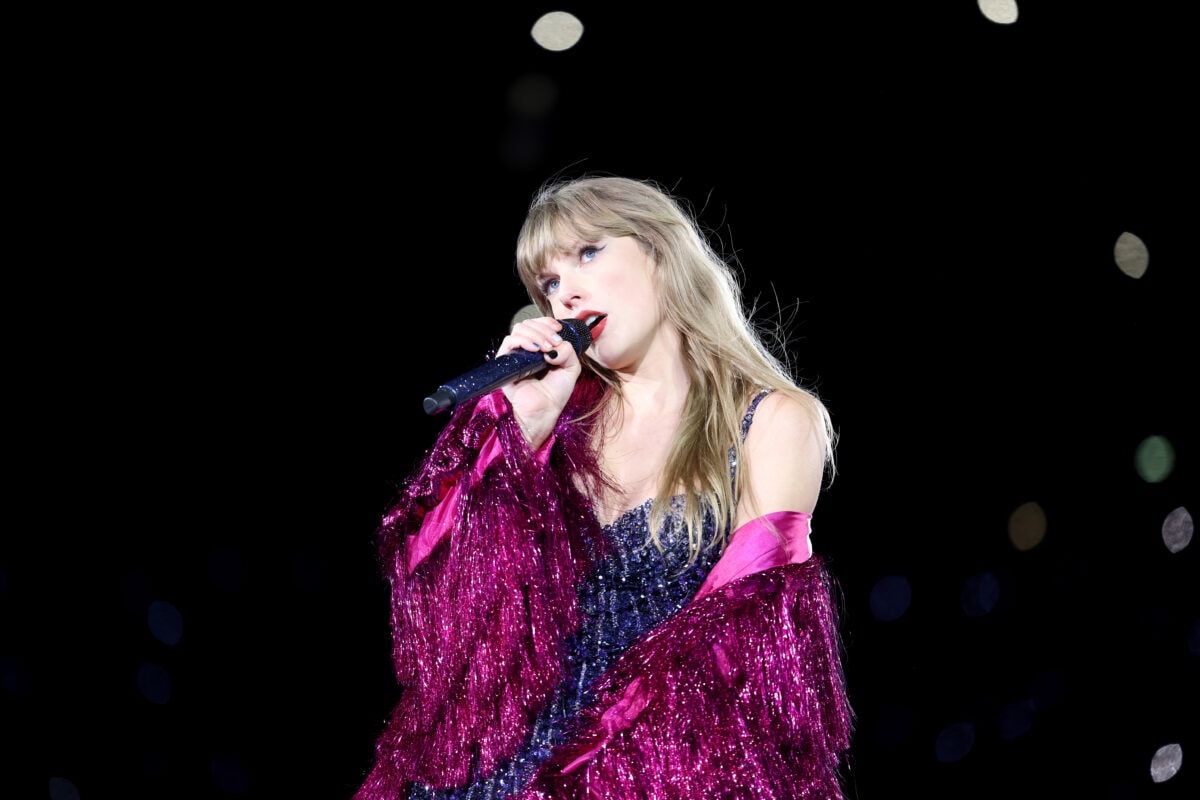Taylor Swift’s controversial lyric raises eyebrows.
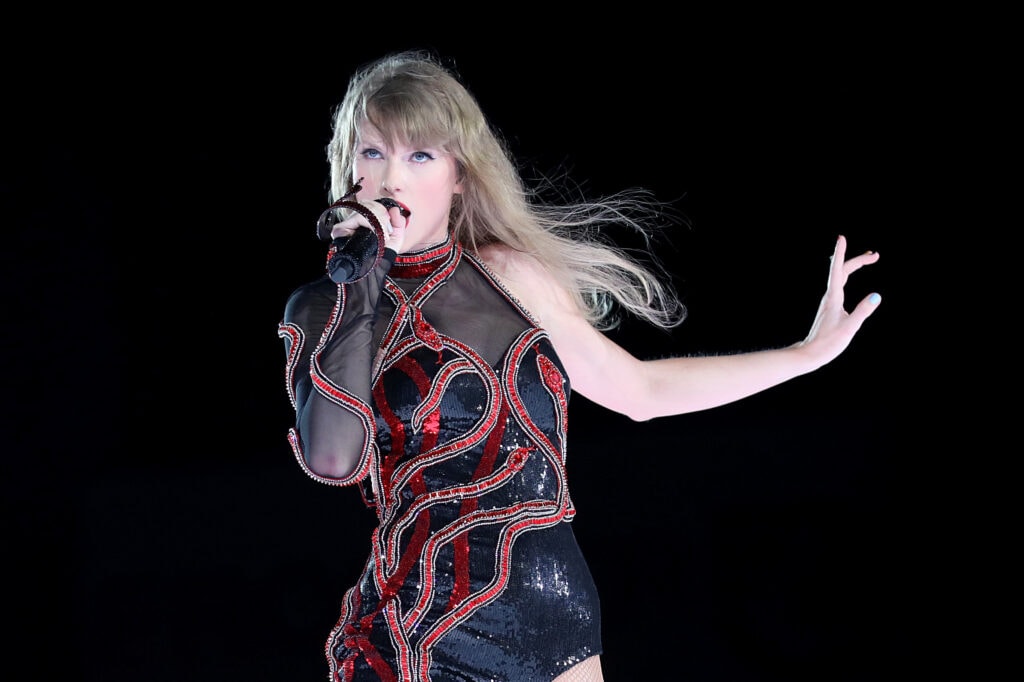
Taylor Swift, the queen of pop, has once again stirred up controversy.
The Tortured Poets Department.
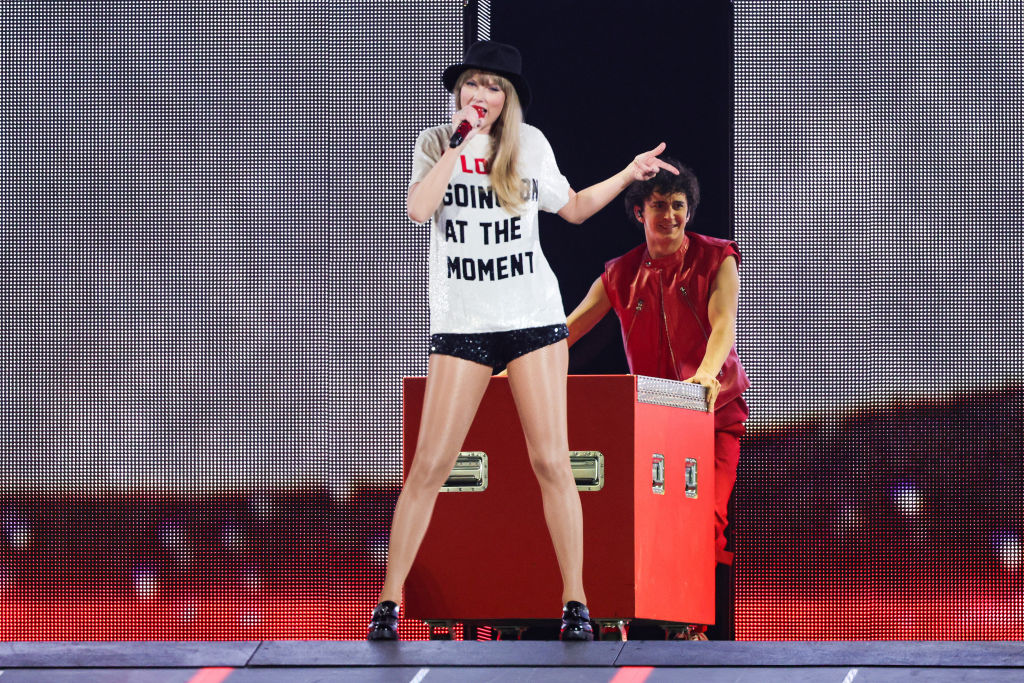
Swift’s latest album, “The Tortured Poets Department,” dropped with much anticipation.
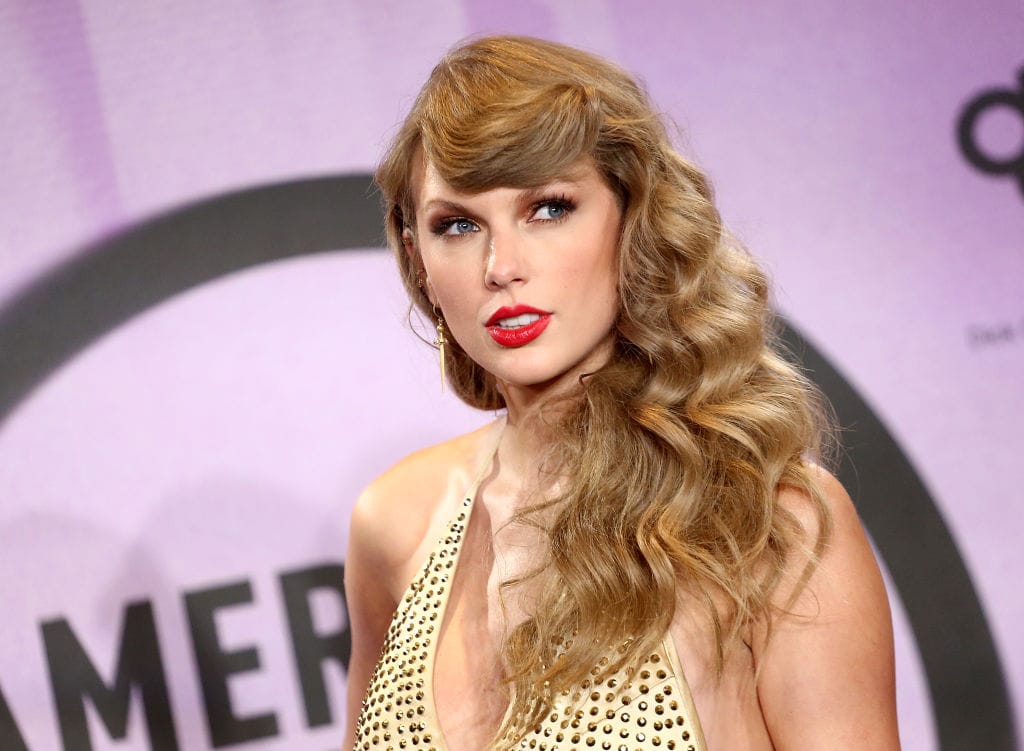
The album was announced during the 2024 GRAMMY’s, on February 4, 2024, while Swift was giving her speech after winning the award for the 13th time.

It’s already on course to be the fastest-selling album of 2024 and is predicted to reach number one worldwide.
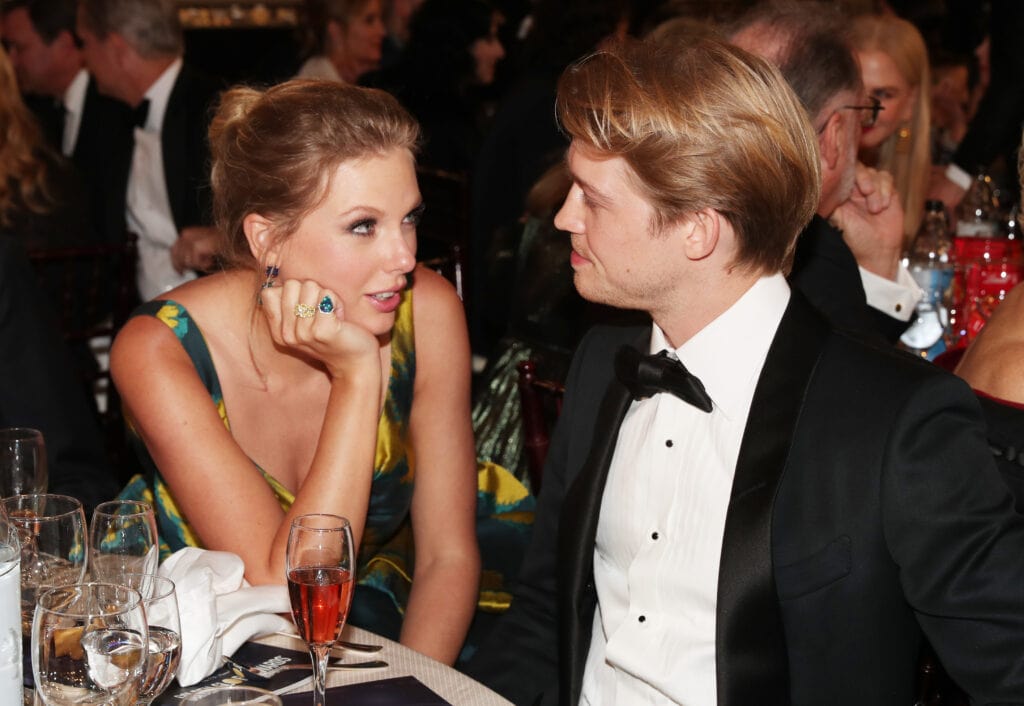
The album has been described as Taylor Swift’s most audacious album.
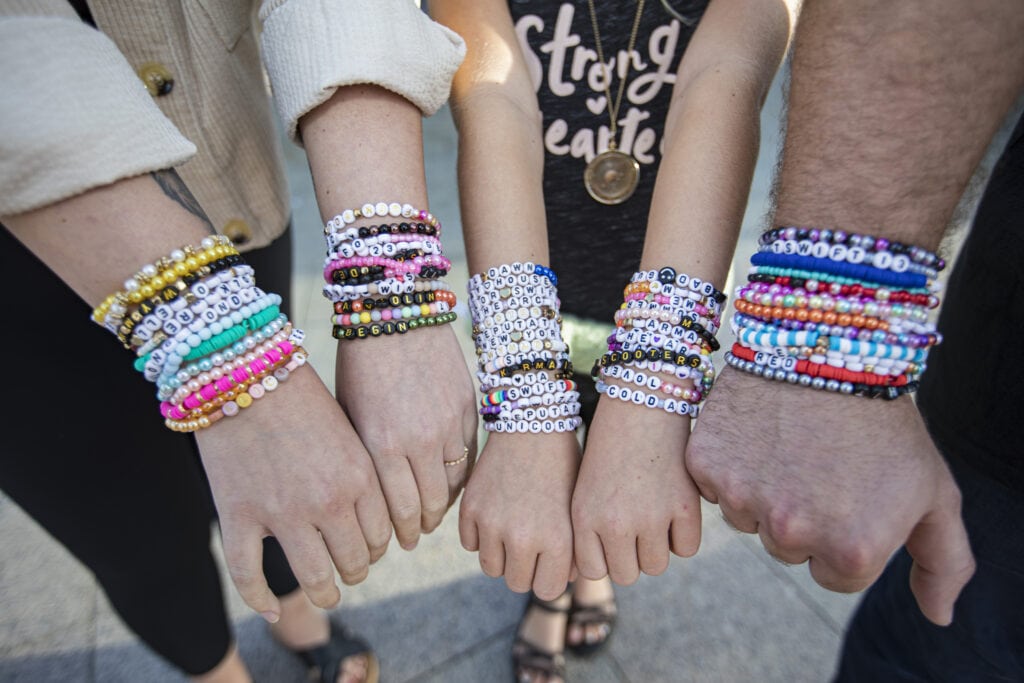
Fans were ecstatic to find it was a double album, boasting 31 tracks.
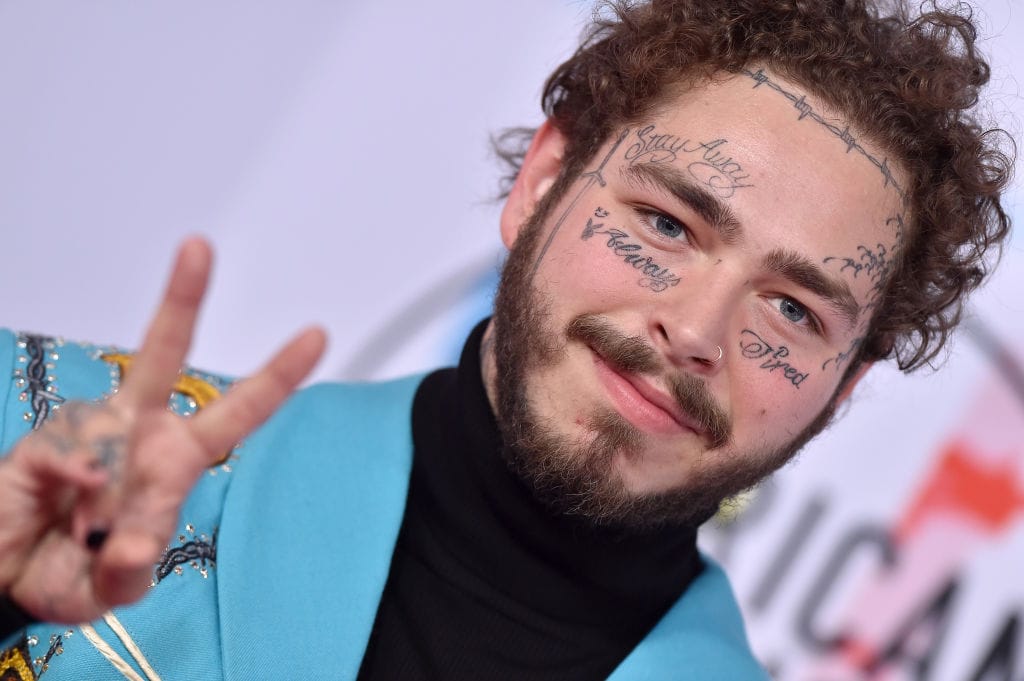
Among them, collaborations with Post Malone and Florence & The Machine.

But it’s a single lyric that has tongues wagging.
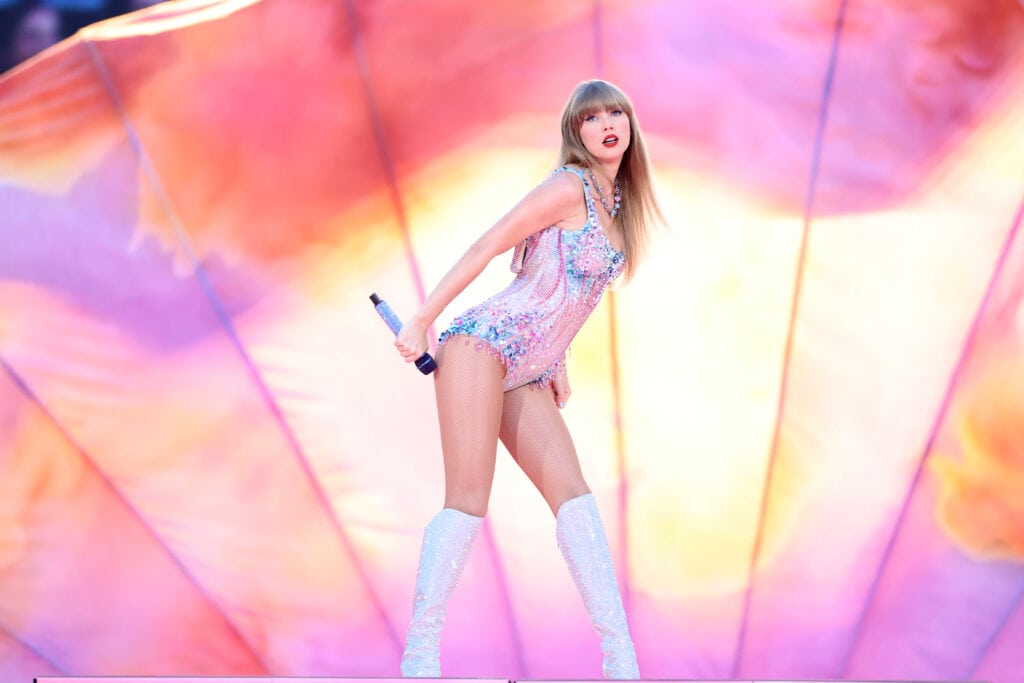
In the song “I Hate It Here,” Swift delves into nostalgia.
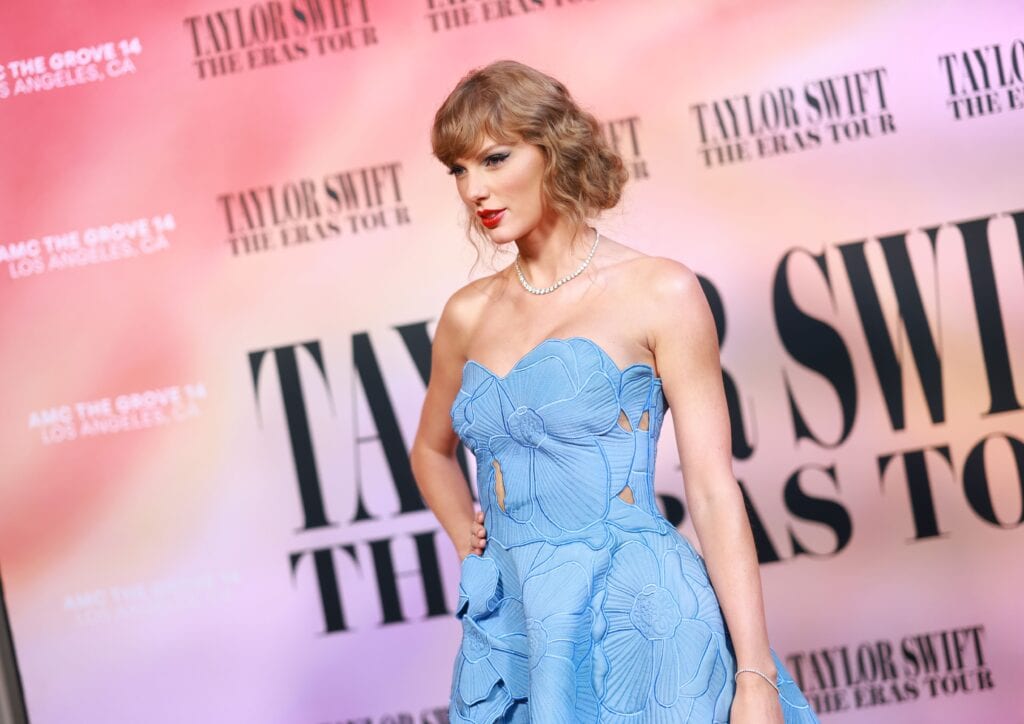
She muses about her dislike for the present, longing for another time.
Taylor Swift’s 1830s racism controversy explodes online!
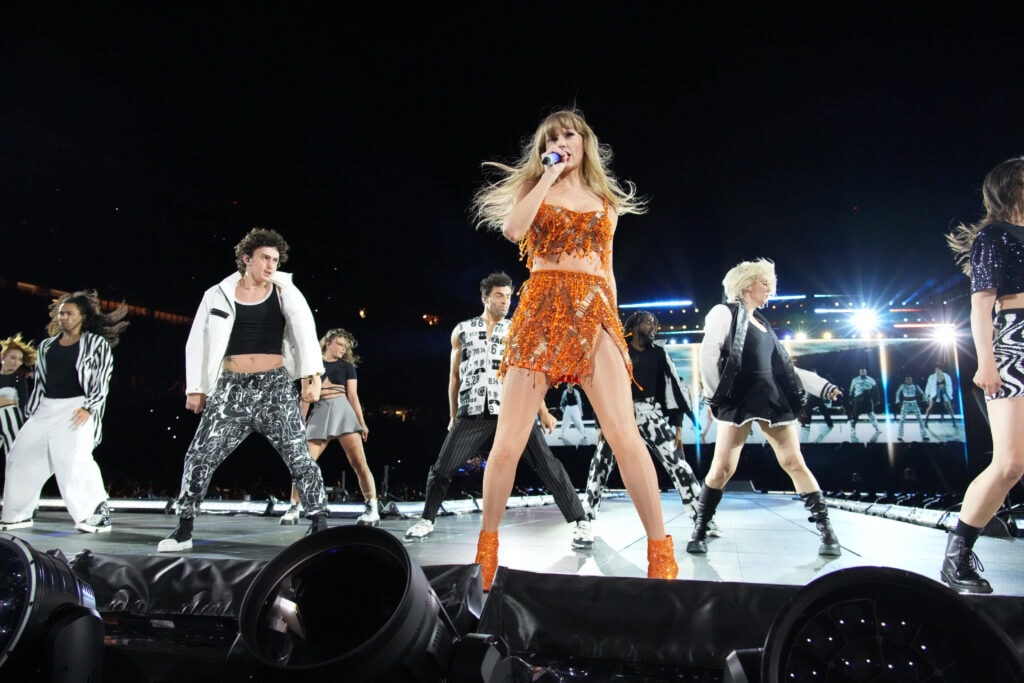
Specifically, she mentions the 1830s, with a caveat.
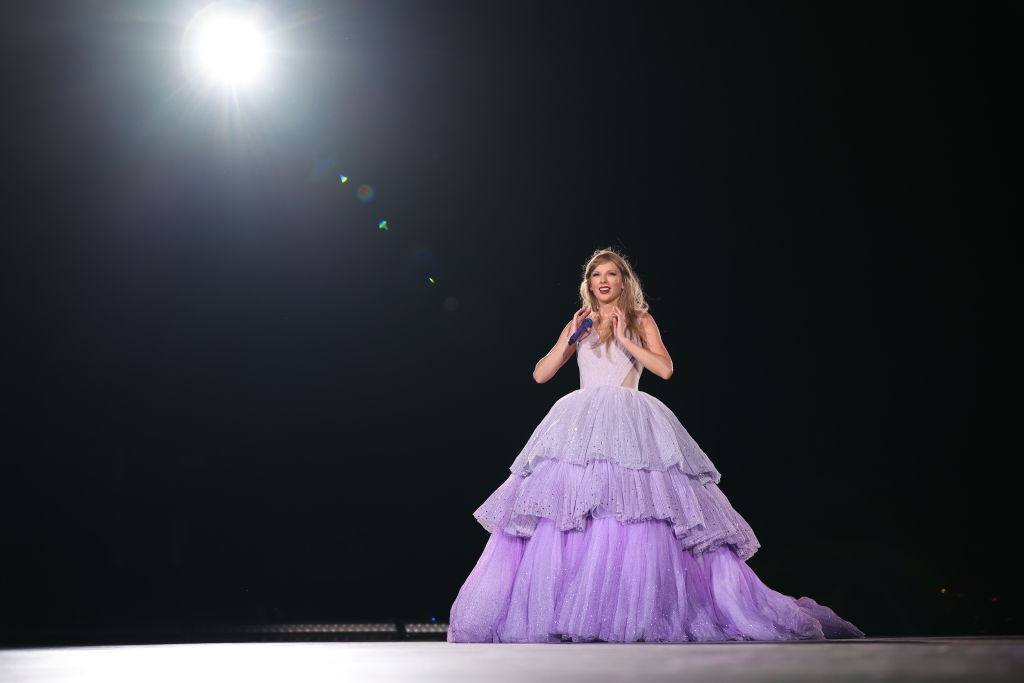
Swift expresses a desire for the era minus its racism.
Fans react to Taylor Swift’s controversial lyric!

This line has ignited a firestorm on social media.

Some fans express disbelief, questioning its authenticity.
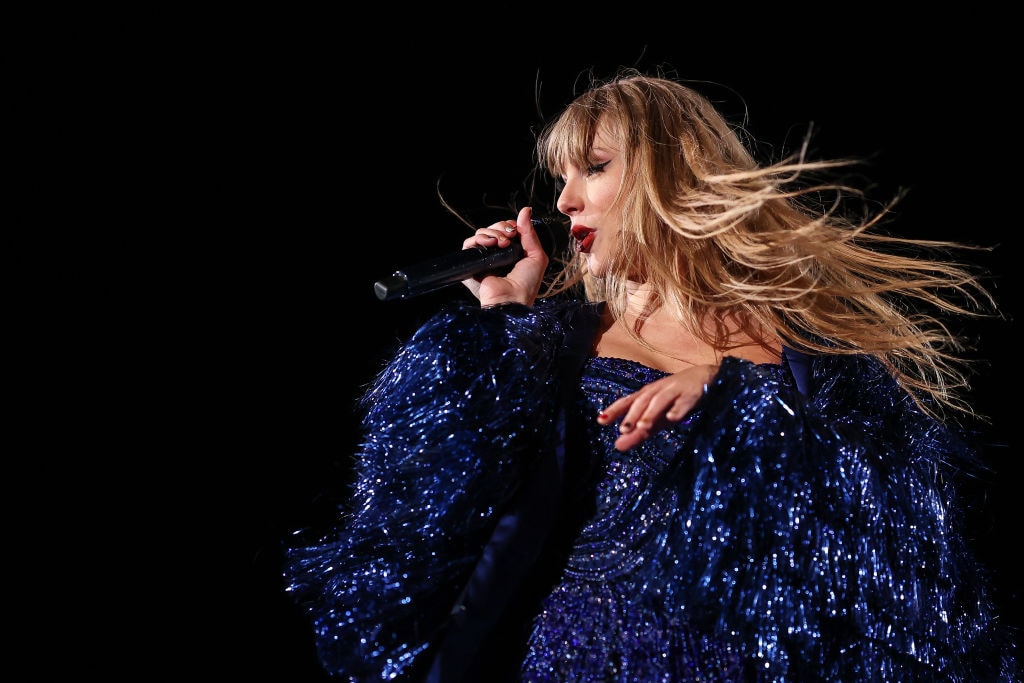
Yet, the lyric is indeed genuine, prompting varied reactions.

One Reddit user dissects the choice, questioning the appeal of such a time.
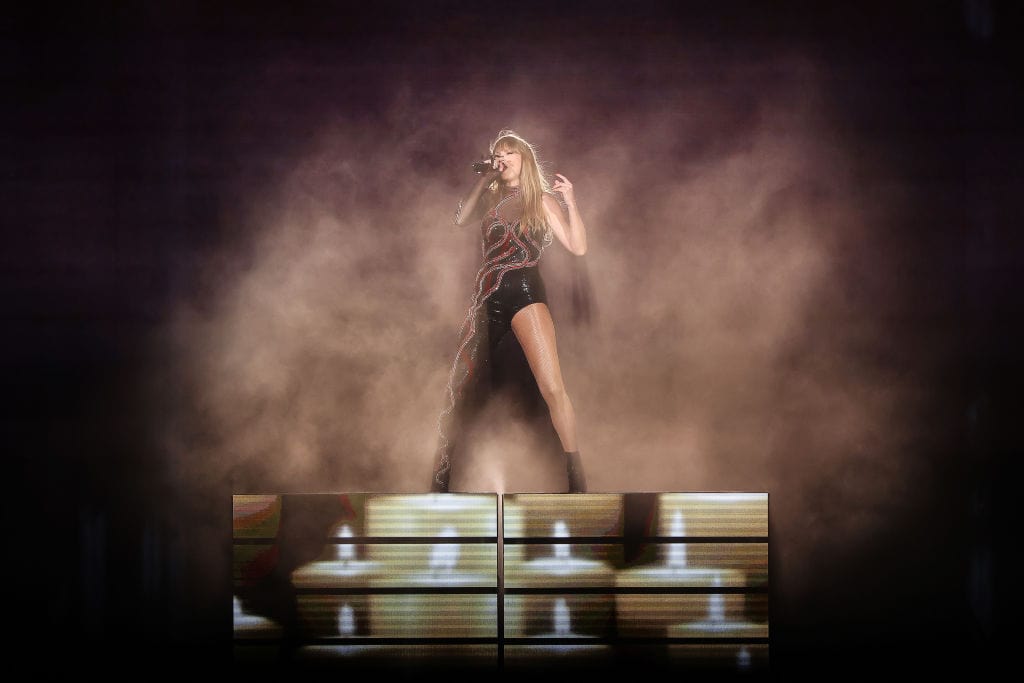
Others defend the song, declaring it their favorite on the album.
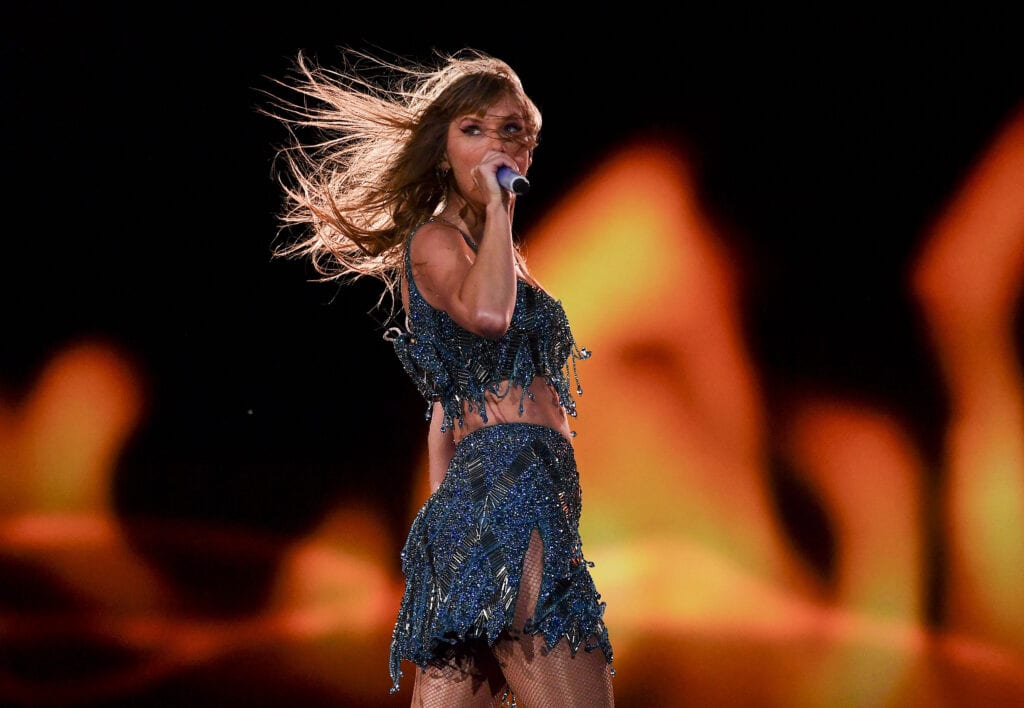
The controversy stems from Swift’s portrayal of nostalgia.
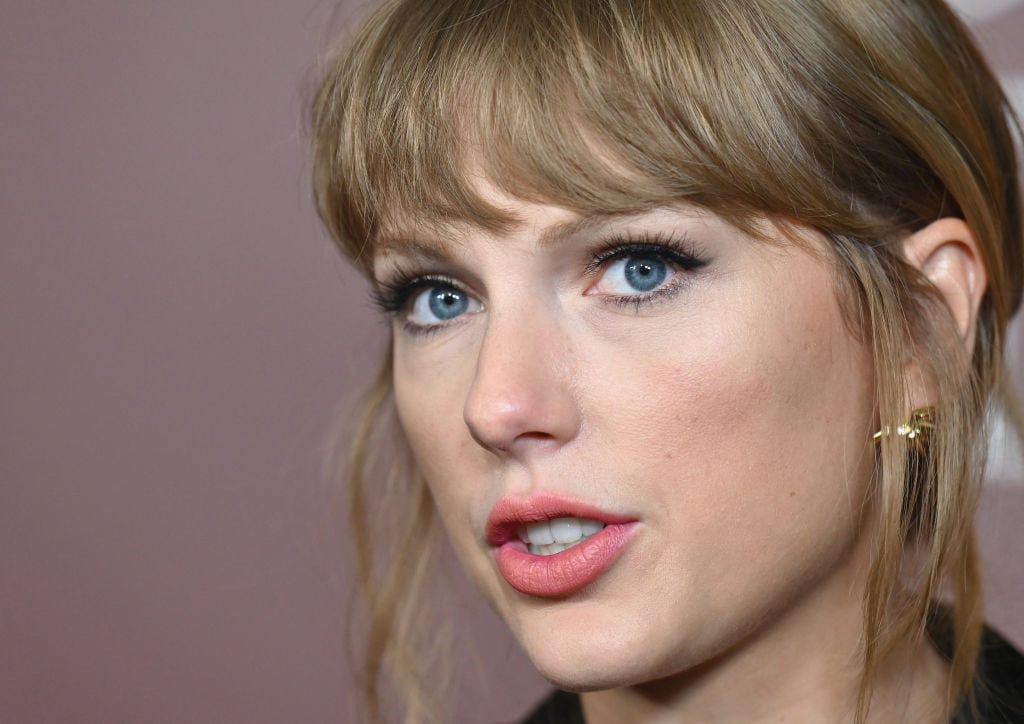
While some find it thought-provoking, others find it misguided.
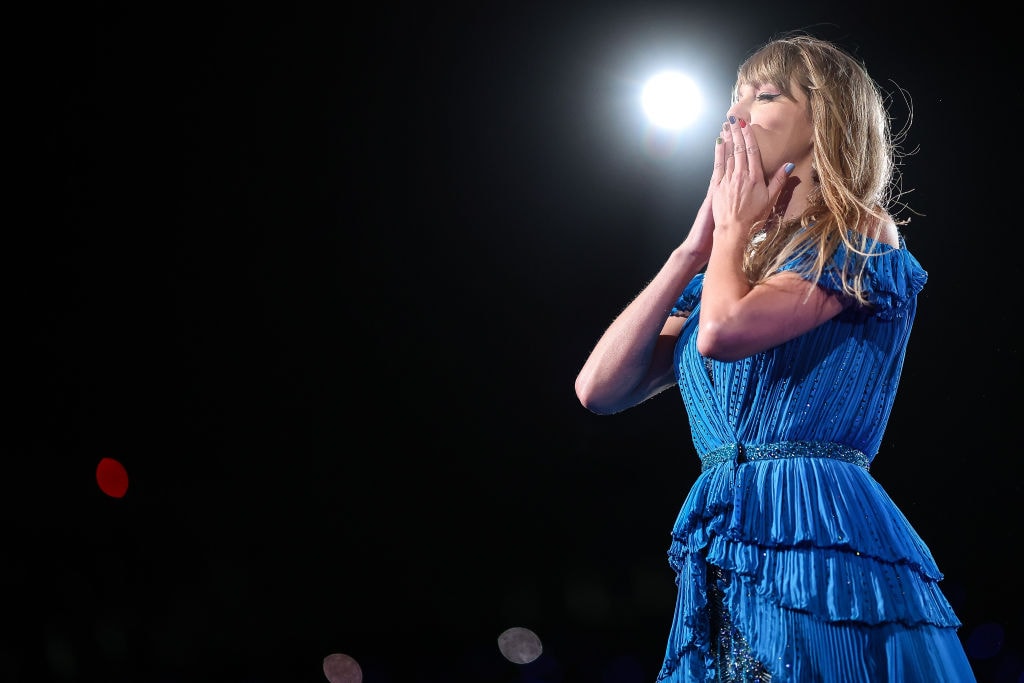
Swift’s exploration of historical eras isn’t new.
Romanticizing time gone by!
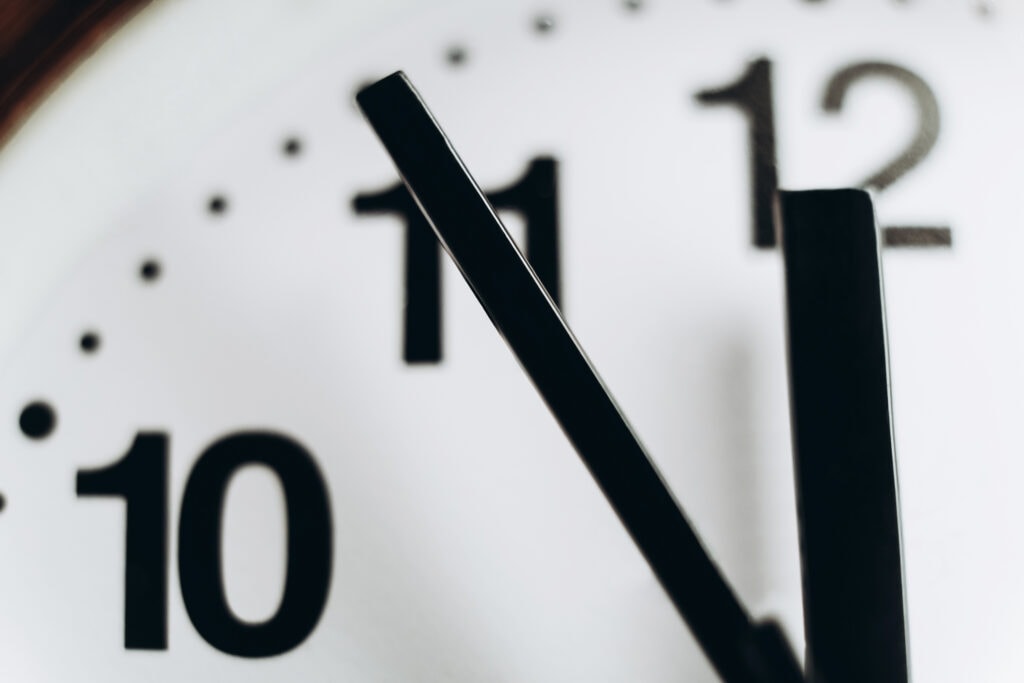
In her earlier work, she often romanticizes past decades.

However, this lyric strikes a nerve, touching on sensitive topics.
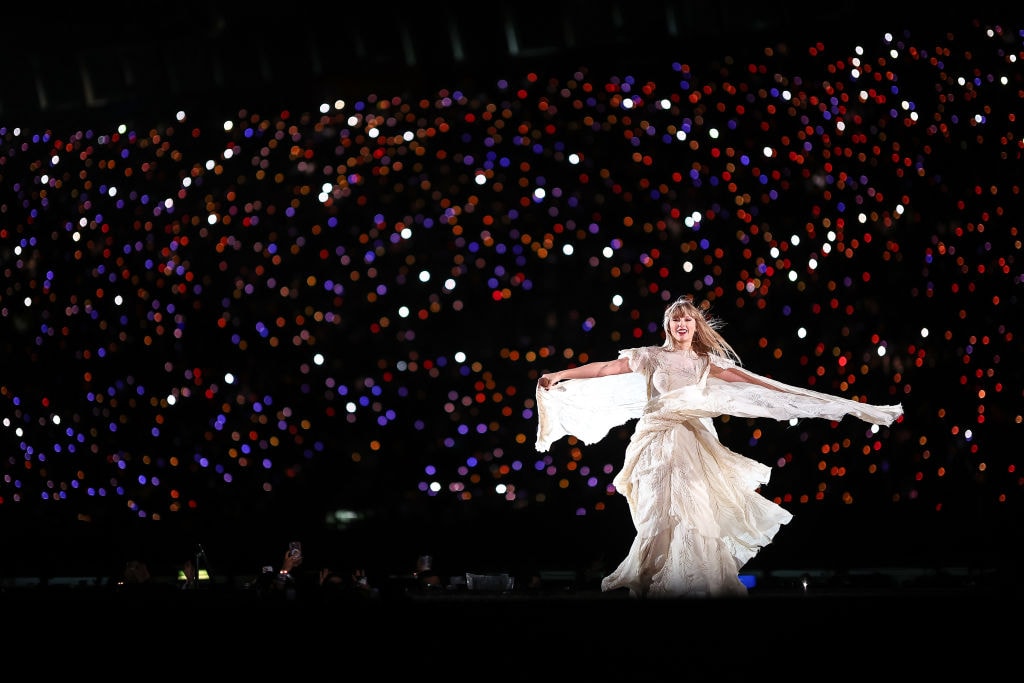
It raises questions about historical revisionism and selective nostalgia.

Her words hold weight in cultural discourse.
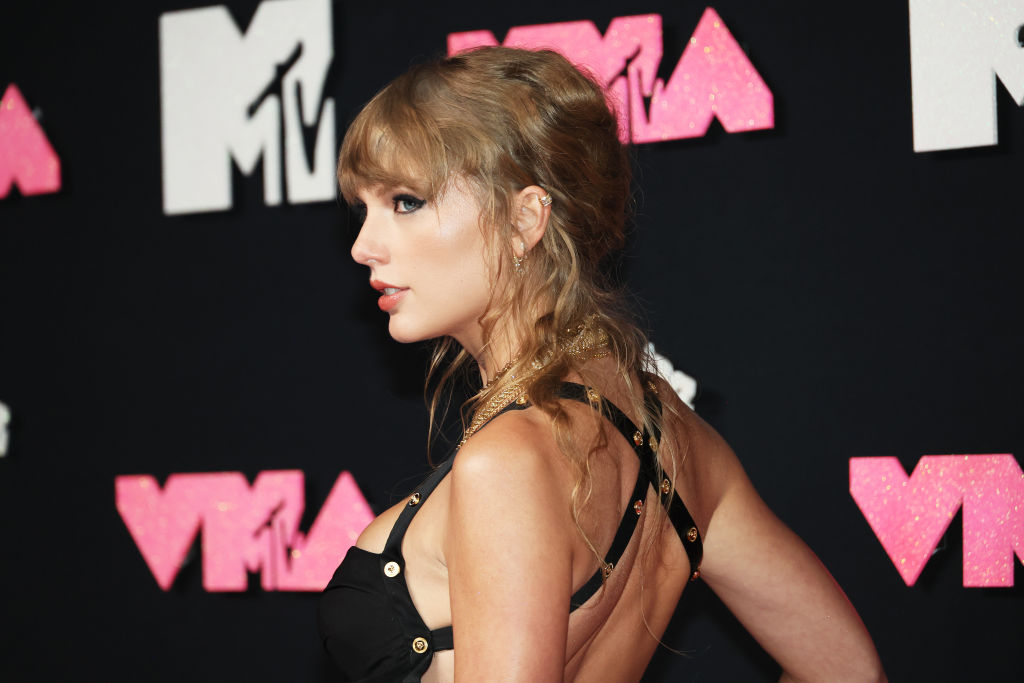
The controversy highlights the power of lyrical interpretation.
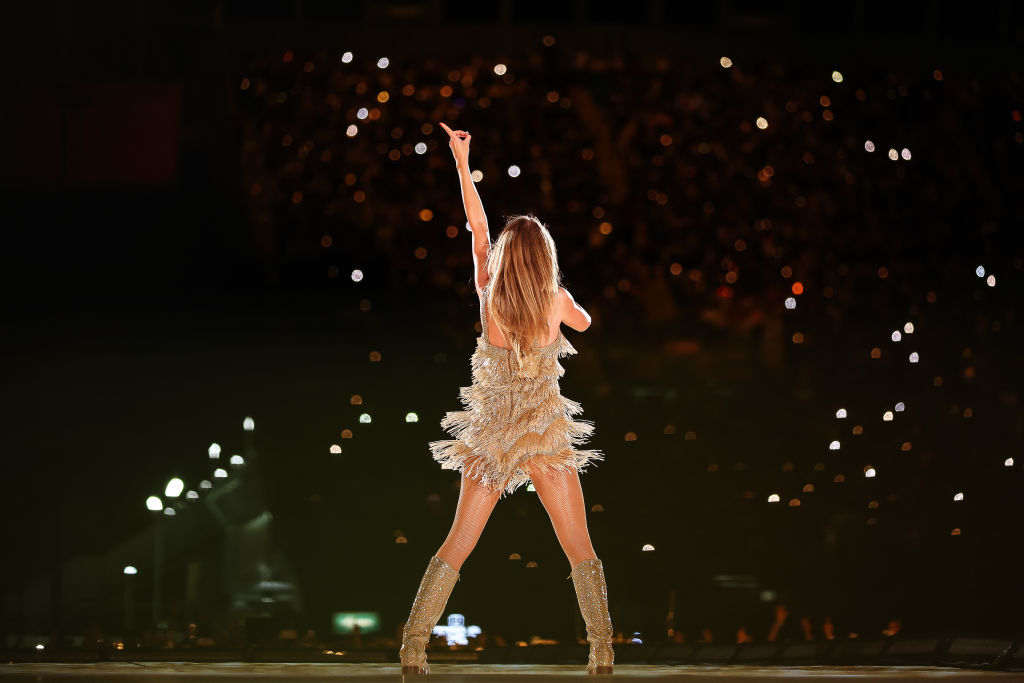
Fans eagerly await Swift’s response to the backlash.
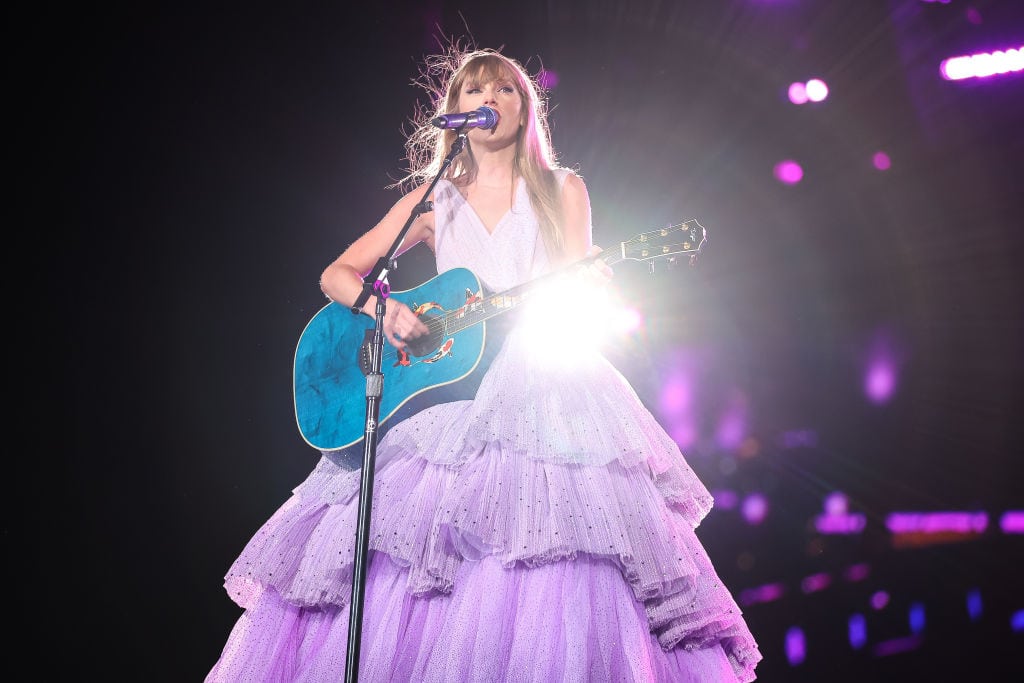
Will she address the criticism or let the song speak for itself?
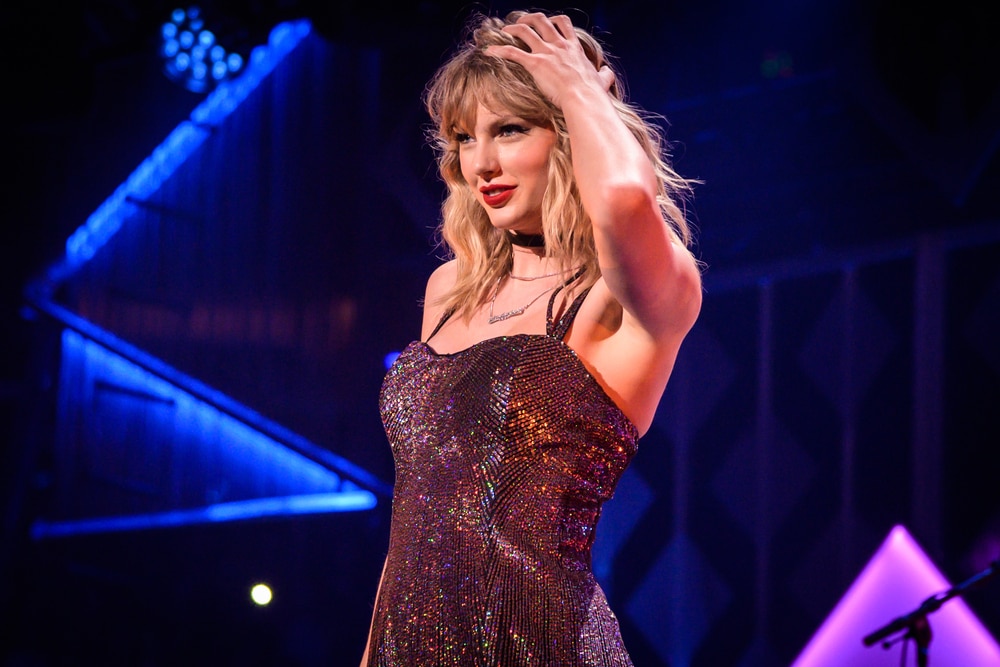
Regardless, the conversation surrounding the lyric continues to simmer.
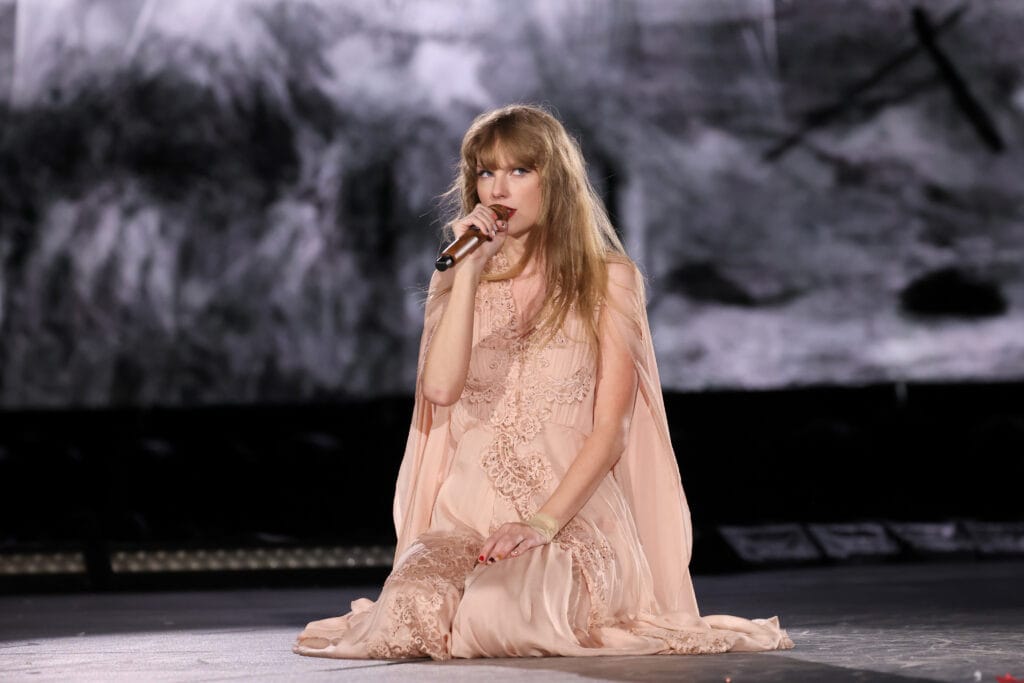
Swift remains unapologetic in her artistic expression.
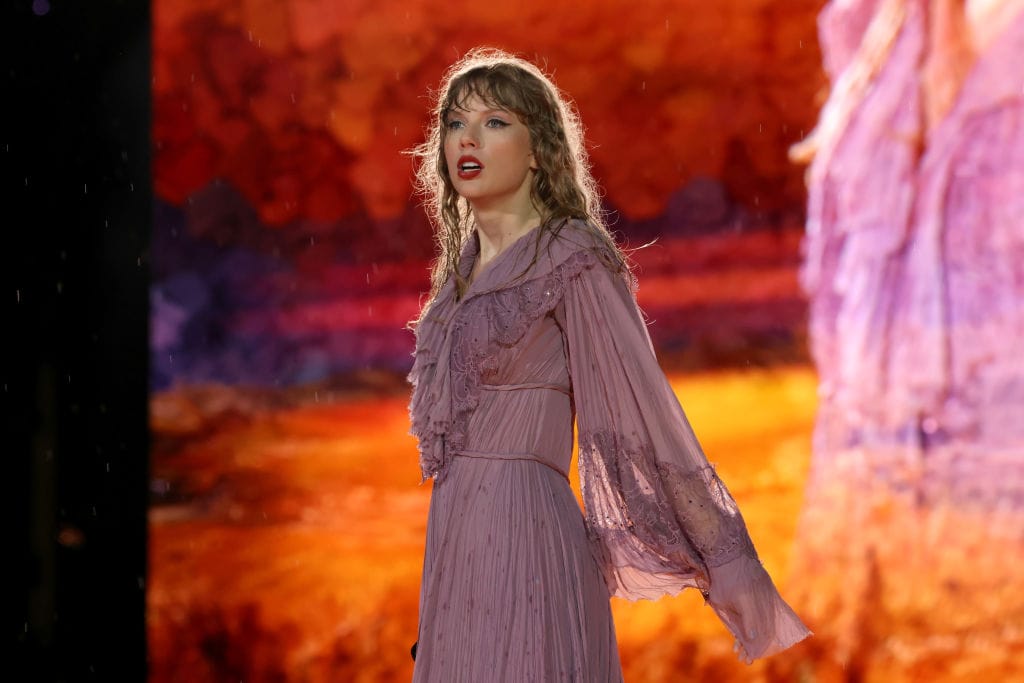
Her willingness to tackle controversial subjects is part of her appeal.
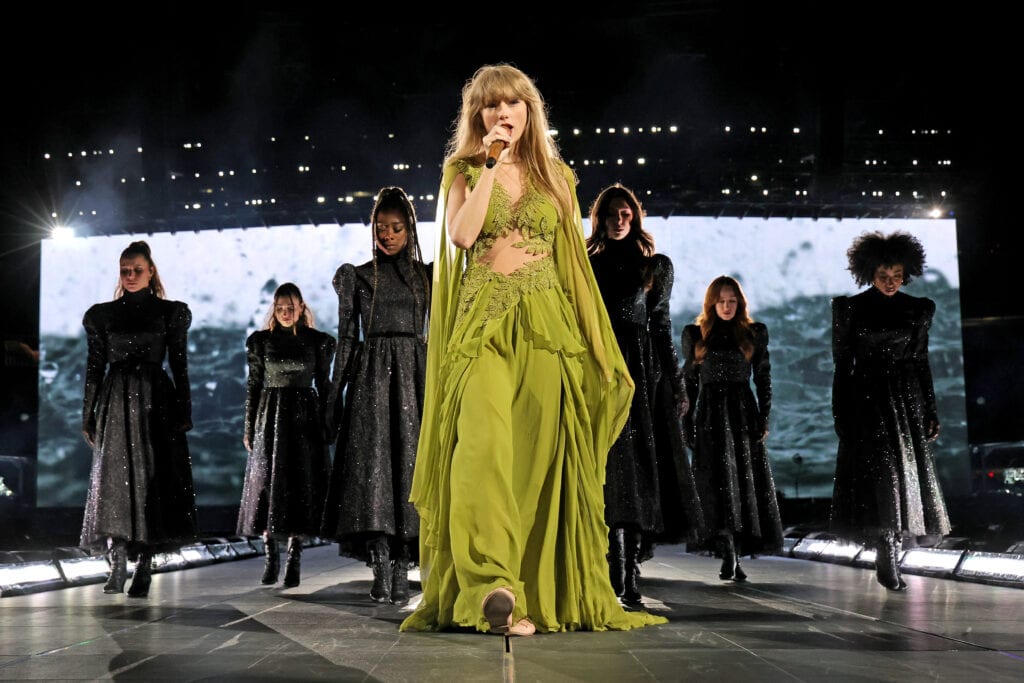
Love her or hate her, Swift keeps us talking.
